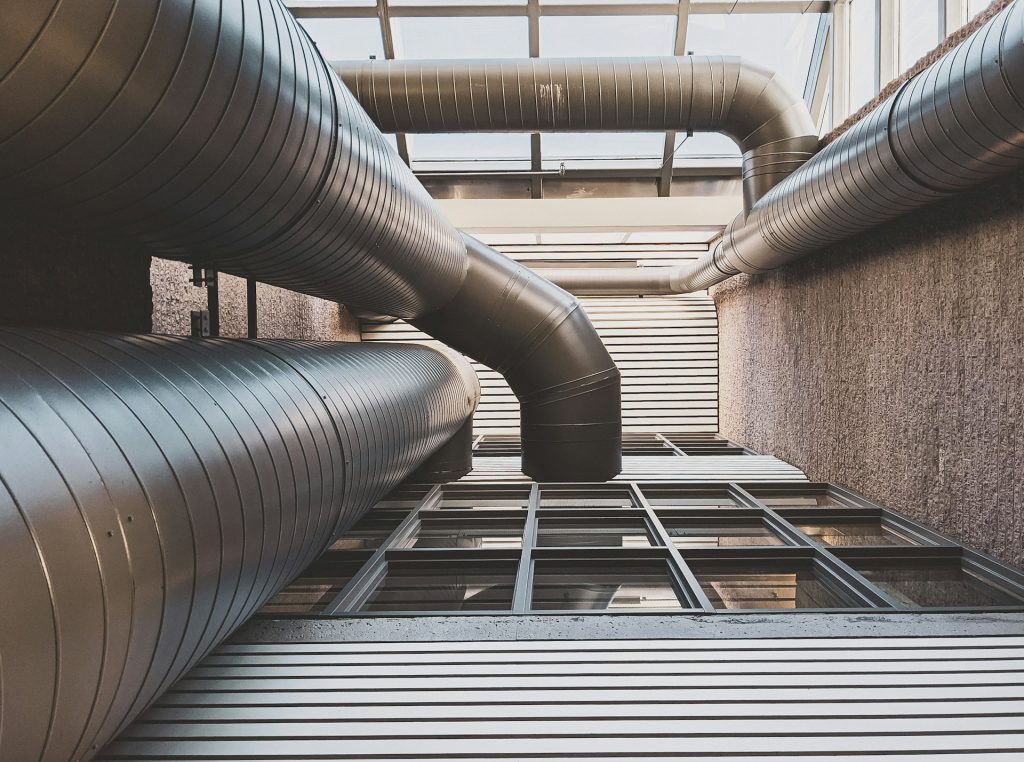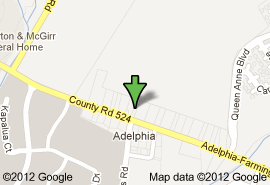
I. Introduction
When it comes to operating a successful business in New Jersey, whether it’s a restaurant, supermarket, pharmacy, or convenience store, reliable commercial refrigeration isn’t a luxury—it’s a necessity. Without a dependable system in place, you risk product spoilage, regulatory violations, and ultimately, revenue loss.
That’s where Temprite comes in. Based in Freehold, NJ, Temprite has earned a reputation for delivering top-tier heating, cooling, and refrigeration services across the region. With 24/7 service availability and deep expertise in commercial refrigeration, we help New Jersey businesses stay operational, compliant, and efficient—no matter the season.
II. What is a Commercial Refrigeration System?
A commercial refrigeration system is designed to store and preserve food, beverages, medicine, or other temperature-sensitive goods at precise temperatures in a business setting. Unlike residential refrigerators, these systems are built for higher volume, more rugged use, and often continuous operation.
Key Components
- Compressor: The heart of the system, compressing refrigerant and enabling the cooling cycle.
- Evaporator: Absorbs heat from the internal environment.
- Condenser: Releases heat collected from inside the unit.
- Expansion Valve: Regulates the flow of refrigerant into the evaporator.
- Thermostatic Controls: Ensure consistent temperature control and safety.
Residential vs. Commercial
Commercial units are typically larger, more durable, and offer greater temperature precision than residential models. They also include features like self-closing doors, heavy-duty shelving, and smart monitoring systems—making them ideal for the demands of business use.
III. Types of Commercial Refrigeration Units
There are several types of commercial refrigeration systems, each suited for different environments and business models:
1. Walk-In Coolers and Freezers
These large, insulated rooms provide high-capacity storage for perishable goods. Ideal for restaurants, grocery stores, and food distributors.
2. Reach-In Refrigerators
Upright units with multiple compartments and shelving, commonly found in kitchens and convenience stores.
3. Display Cases
Used to showcase chilled items for customers, such as beverages, salads, or desserts. Often seen in delis, bakeries, and supermarkets.
4. Ice Machines
Essential for bars, restaurants, and hotels—these units produce and store ice in various forms, from cubes to flake.
5. Prep Tables
Combination units that allow for cold storage and food preparation in one convenient surface area.
6. Industrial Refrigeration
Heavy-duty systems used in manufacturing, agriculture, and food processing facilities, offering large-scale cooling capabilities.
IV. Key Considerations When Choosing a System
Selecting the right refrigeration solution involves more than just picking the biggest unit. Here are key factors to weigh:
Storage Capacity
Assess your volume needs based on peak business hours and inventory levels.
Energy Efficiency
Energy Star-rated units help cut electricity bills and reduce your carbon footprint.
Product Type
Perishables like dairy or meat require different storage specs than pharmaceuticals or flowers.
Layout and Footprint
Measure your available space and consider accessibility for employees and deliveries.
Temperature Control Precision
Look for advanced thermostatic controls and alarm systems to avoid spoilage or non-compliance.
V. Industries That Rely on Commercial Refrigeration
Restaurants and Food Service
Keep ingredients fresh and safe with walk-ins, prep tables, and backup systems.
Grocery Stores and Supermarkets
From produce to frozen goods, supermarkets require a variety of cooling units to meet customer demands.
Medical and Pharmaceutical Facilities
Vaccines and medications must be stored under strict temperature regulations.
Florists and Agriculture
Temperature-controlled environments preserve freshness and extend product life.
Convenience Stores and Gas Stations
Display beverages and snacks attractively while keeping them chilled and ready for sale.
VI. Common Issues and Maintenance Needs
Even the most reliable systems need regular care to prevent breakdowns. Here are common issues to look out for:
Refrigerant Leaks
Leaking refrigerant can reduce efficiency and violate environmental regulations.
Compressor Failure
Often caused by wear and tear or electrical faults, compressor failure can lead to total system shutdown.
Frost Buildup
Ice forming on coils can restrict airflow and reduce cooling performance.
Electrical Problems
Faulty wiring or tripped breakers may lead to intermittent failures or unsafe operation.
The Importance of Maintenance
Routine maintenance is crucial for catching small problems before they escalate. Temprite offers preventative maintenance plans that include:
- Thermostat calibration
- Coil cleaning
- Refrigerant checks
- System diagnostics
VII. Compliance and Local Regulations
Operating in New Jersey means adhering to state and federal guidelines. Here’s what businesses need to know:
NJ Refrigeration Codes
New Jersey’s Department of Community Affairs outlines requirements for commercial refrigeration installation and operation, including ventilation, clearance, and access.
EPA Regulations
The U.S. Environmental Protection Agency enforces strict rules around refrigerant management under Section 608 of the Clean Air Act, especially for high-GWP (global warming potential) gases like R-22 and R-404A.
Health Inspections
Local health departments routinely inspect food service establishments. Refrigeration systems must consistently maintain safe temperatures—typically 41°F or below for perishables.
Temprite helps ensure compliance by using certified refrigerants and providing documentation for health inspections and audits.
VIII. How Temprite Supports Your Business
At Temprite, we do more than install and repair systems—we partner with you to protect your operations. Here’s how:
24/7 Emergency Repair
Equipment failures don’t follow a 9-to-5 schedule, and neither do we. Our rapid-response team is always on call.
Custom Installation Services
From compact units to full-scale walk-ins, we design refrigeration systems tailored to your floorplan and product needs.
Preventative Maintenance Plans
Scheduled check-ups and system optimizations help you avoid costly breakdowns and extend equipment life.
System Upgrades and Retrofitting
Modernize old systems with energy-efficient upgrades, smart sensors, and new refrigerant technologies.
Plus, our team stays ahead of New Jersey code changes and refrigerant phase-outs—so you don’t have to.
IX. Conclusion
Choosing the right commercial refrigeration system is a major decision that impacts every facet of your business—from food safety to operational costs. Whether you’re running a busy restaurant in Asbury Park or managing a medical facility in Trenton, Temprite has the knowledge, tools, and service commitment to keep your refrigeration systems running smoothly.
With custom solutions, expert installation, and round-the-clock support, Temprite is proud to be New Jersey’s trusted HVAC and refrigeration partner.





